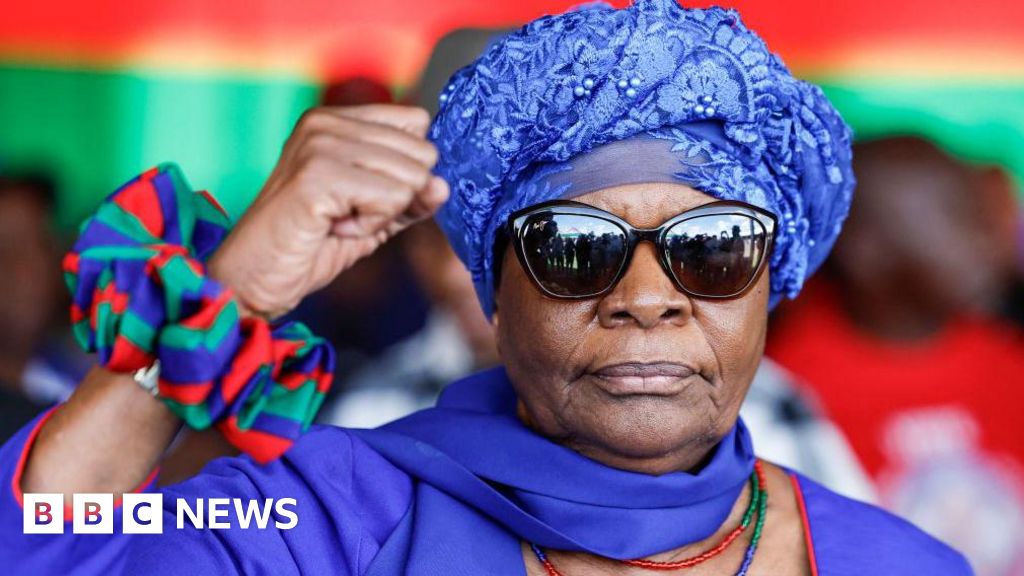The Nigerian Air Force (NAF) high command, yesterday, called for emplacement of appropriate actions to check the incessant mishaps involving its war jets to foster a good safety culture that transcends all levels within the force.
NAF also noted that the actions or inactions its personnel would either propel or break the accident chain sometimes experienced in the course of their activities or operations.
Speaking at the 2024 NAF Safety Review Board (SRB) meeting in Abuja, Chief of the Air Staff (CAS), Air Marshal Hasan Abubakar, pointed out that the force could not afford to pay lip service to issues relating to safety.
A statement by NAF spokesperson, AVM Edward Gabkwet, quoted the military chief as noting: “As members of the Safety Review Board, it is vital that we thoroughly examine all the safety issues arising from this meeting and come up with objective and innovative ideas that would enhance safety in the NAF. While we all know that safety is a collective responsibility, this Board is primarily accountable for safety administration in the NAF.”
While pointing out that accidents are results of a sequence of events, beginning with deliberate decisions taken, Abubakar also called for determination of all personnel to improve safety in the various areas and units
He said NAF regards safety as one of its core functions, and is committed to developing, implementing and reviewing policies to ensure that all activities are conducted in a safe and conducive environment.
The CAS assured that the NAF will intensify efforts to enhance safety, as it continues its transformation into, “an agile and resilient force that effectively meets the airpower demands of national security in all operational environments.”
Earlier, Chief of Standards and Evaluation, AVM Micheal Onyebashi, revealed that the SRB is the apex body of NAF Safety Management Structure, designed as a biannual meeting that deliberates on major policy, resource allocation and regulatory issues relating to safety.
He said the board is required to give direction and guidelines that would ensure entrenchment of a healthy safety culture in NAF.
In a paper titled, ‘Senior Managers’ Role In Organisational Safety Management System,’ Dr Iteke Ifeanyichukwu Chukwunonso of the Nigerian Civil Aviation Authority (NCAA), observed that managing safety entails managing risks and reactively, proactively and predictively controlling risks to an acceptable level.
He said safety management should have a business-like approach and be woven into the fabrics of an organisation until it becomes a part of their culture.
While commending the NAF for its exceptional safety standards, Chukwunonso called on its leadership to continue to retain the responsibility and accountability for safety.

 4 months ago
23
4 months ago
23














![[ICYMI] No N500m missing from customer’s account, says Access Bank](https://cdn.punchng.com/wp-content/uploads/2018/09/14183604/20180707-DSC_0077new.jpg)
 English (US) ·
English (US) ·